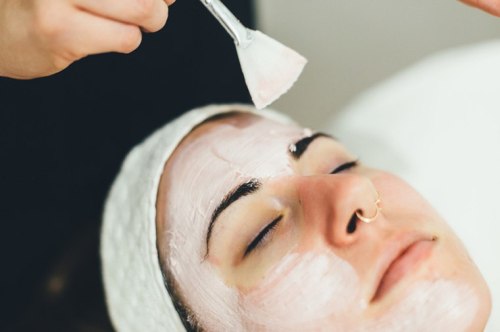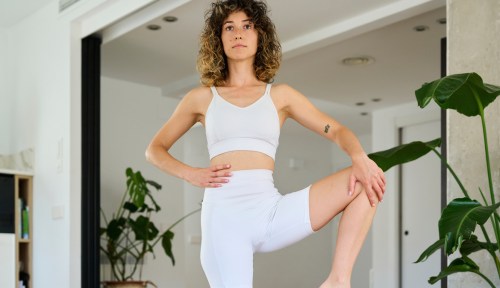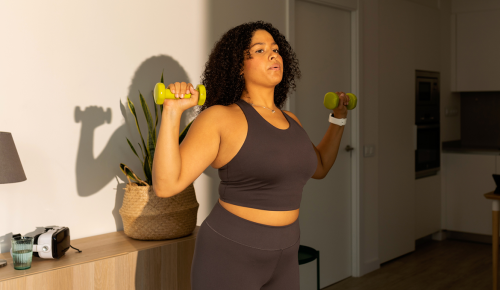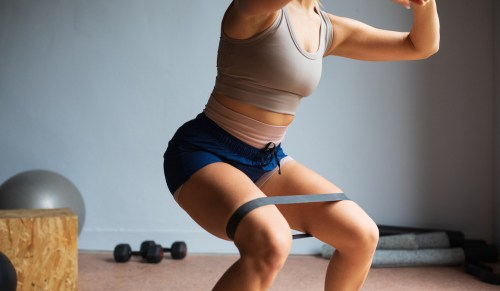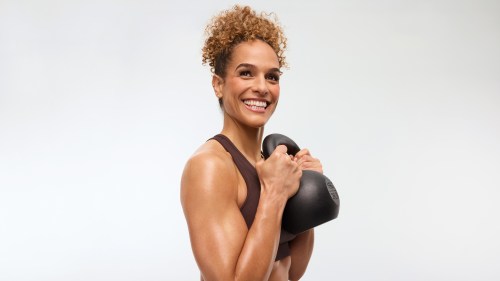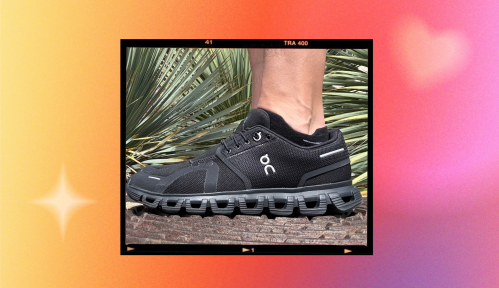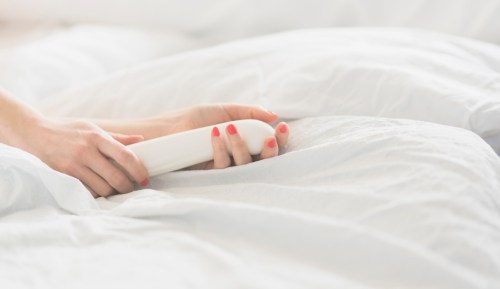If there’s one thing more confusing than choosing a pair of sneakers to go with a summer dress, it’s navigating the ins and outs of tipping. And the more wellness options you have at your disposal, the more baffling things get.
Like, obviously you’re going to throw some dough your hairdresser’s way, but what about your astrologer? Should your masseuse get more if she’s working on just your feet versus your full bod? And what if you scored your service through an app, a Groupon, or an affordably priced drop-in spa—do the same rules still apply?
To find out, I chatted with professionals from all corners of the healthy-living space, plus a bona-fide etiquette expert (yes, those do still exist) for their POVs. You’ll be relieved to know the topic’s not nearly as complicated as it might seem, but there are still some rules you should keep in your back pocket—along with plenty of cash. (That’s the one thing everyone agreed on. Sorry, Venmo addicts.)
Keep reading for everything you need to know about tipping for wellness services.
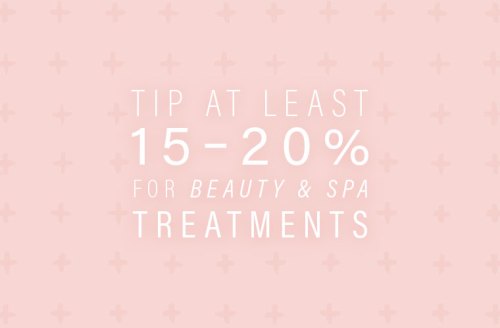
Tip at least 15–20 percent for beauty and spa treatments
For the majority of beauty treatments performed in a spa, salon, wellness center, or at home, it’s standard to tip about the same as you would in a restaurant. “In this day and age, 15–20 percent is expected,” says Maggie Oldham, a modern etiquette coach based in New York City. That goes for facials, massages, and hair or nail services of any type, according to the experts I spoke to in those fields.
That goes for facials, massages, and hair or nail services of any type.
It also doesn’t matter who performs the treatment or where it happens, says Oldham. “Our mothers’ and grandmothers’ generations would say, ‘If the spa or salon owner’s providing the service, you don’t need to tip him or her.’ That doesn’t really apply anymore,” she says. “And if someone’s coming to your home to perform the service, you would still tip them [the same].”
The one exception? If you’re ordering an at-home service through an app, gratuity’s sometimes included in the total price. Oldham suggests checking the terms and conditions and tipping in cash if necessary.
Consider tipping more if you’re receiving your service at a low cost
As more wellness businesses adopt the drop-in model—offering services like massages and facials for less than you’d pay at a spa—a new debate has arisen around tipping.
At The Now’s four locations in Los Angeles, customers are encouraged to tip more than 20 percent for their massages, which range from $35 for a 25-minute treatment to $95 for 80 minutes. “It gets blurry when you’re getting a luxury service at an affordable price point,” says co-founder Gara Post. “We suggest above 20 percent for tipping because even though we’re passing on savings to our guests, we want to ensure the therapists are tipped according to the level of service they provide.”
“It gets blurry when you’re getting a luxury service at an affordable price point.”
Adam Ross, founder of New York City facial destination Heyday, has a different opinion on the matter. “Gratuities shouldn’t be higher in percentage terms just because we offer a more affordably priced facial,” he says. “Our objective is for a more affordably priced experience all-around.”
Translation: Use your discretion, but don’t dip below 20 percent if you know you’re getting something below market rate. (Oh, and if you’re buying your service from somewhere like Groupon, make sure you’re tipping on the original cost of the treatment—not the discounted amount.)
You don’t need to tip medical professionals
If you’re getting something like a laser treatment or microneedling from a dermatologist or nurse practitioner, Oldham says tipping isn’t expected or required. “You just pay for the service because it’s considered medical,” she says.
The same’s true for alternative health pros with a clear medical focus—acupuncture included, says Lisa Levine, founder of Maha Rose wellness center in New York City.
Personal trainers and holistic healers don’t usually expect tips
Surprisingly, there are lots of wellness spheres where gratuities aren’t the norm.
“For holistic services such as reiki, card readings, astrology, and hypnosis, people tip occasionally, but it’s unexpected” says Levine. “And I think people tip less [than 20 percent] if it isn’t a standard modality.”
“I never expect tips or gifts… but, of course, they’re greatly appreciated.”
Most personal trainers and private yoga instructors also don’t expect tips at the end of every session. “I worked in a private training gym with a very ‘high-end’ clientele and was tipped there, but mostly in year-end gifts,” says John Ford of New York City’s JKF Fitness and Health. “Typically, the amount was the cost of a couple sessions. Now, I work primarily privately, and I still get year-end gifts. I never expect tips or gifts…but, of course they’re greatly appreciated.”
Trainer Kara Griffin has had a similar experience in LA. “The fact that I come to your home, bring equipment, program your workout, and curate your playlist is built into my rate,” she says. “I don’t expect tips.”
Are there ever exceptions to these rules?
In situations where tipping’s standard, there’s really no excuse for stiffing your practitioner—regardless of whether the treatment sucked. “I wouldn’t ever recommend not tipping,” says Oldham. “Even if you felt like the service [was] bad, they still performed it.”
Most experts stress that you should say something if you’re not happy and ask for a do-over. “I would ask for the service to be remedied, and I wouldn’t tip [the] second time,” Oldham says. Adds LA-based aesthetician and therapeutic skin coach Hayley Wood: “If a service is poor, the provider would benefit more from a conversation about what [they could] improve upon, instead of taking away their potential income.”
“I wouldn’t ever recommend not tipping.”
And what if your session was way better than what you ever imagined it would be? Remember there’s never an upper limit to tipping. “It’s always worth rewarding exceptional experiences,” says Levine. And really, who couldn’t use a little more good wellness karma?
Now that you’re an expert on tipping, it’s time to find the right expert for you. Here’s how to know when to seek out alternative healing (and when to go mainstream), and 6 questions to ask before you hire a personal trainer.
Sign Up for Our Daily Newsletter
Get all the latest in wellness, trends, food, fitness, beauty, and more delivered right to your inbox.
Got it, you've been added to our email list.
